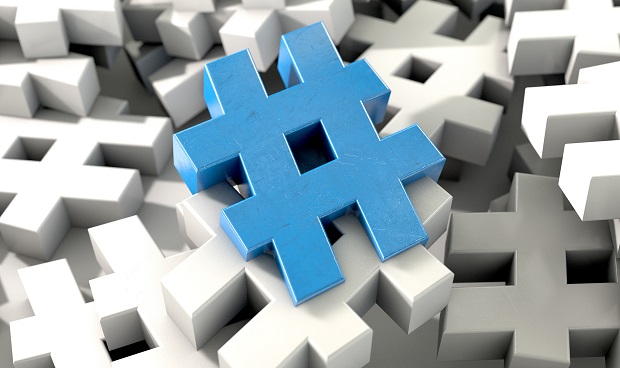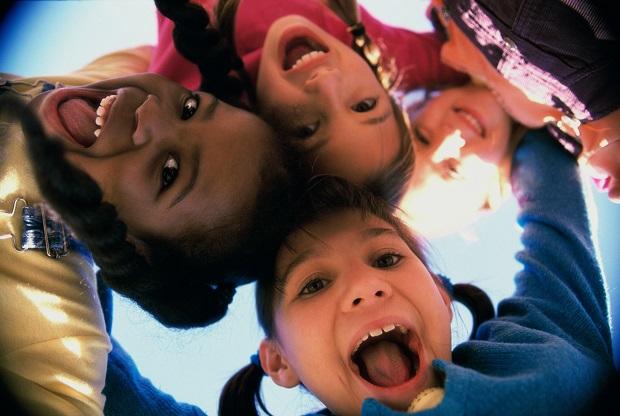
“If you are silent about your pain, they’ll kill you and say you enjoyed it.” -Zora Neale Hurston
I have a confession to make.
I am exhausted. Mentally, emotionally, and spiritually drained. Heartbroken with promises of change, idealistic slogans hastily scrawled across protest signs that have to be redone almost as soon as they are written, hashtags trundled out like some sort of strange new call and response. #SayHerName. #SayHisName. #SayOURNames. Tired of explaining, cajoling, consoling, waking up to yet another death plastered across my laptop, phone, and tablet screen. Tired of wishing comments on social media came with trigger warnings. Almost 50 years ago, Gil Scott-Heron proclaimed that our revolution would not be televised.
Until it was.
I was recently asked, how I, as a Millennial, could identify with the current racial climate and civil unrest in America when my generation hadn’t “dealt” with the flagrant violence, segregation, and injustice of the Civil Rights movement. The comment was meant to imply that things truly couldn’t be as bad as “we”, young, progressive, smartphone toting, Facebook posting, Twitter digesting adults in 2016 could make them.
The question was well-meaning, meant to stir thought, but the more I considered it, the less comfortable I felt. In fact, it stung. According to statistics made available from The Guardian’s “The Counted” project, black Americans made up a disproportionately percentage of individuals killed by law enforcement in 2015, roughly double of that of the general population. To continue deny that systems of oppression and racialization exists is both dangerous and irresponsible. To fail to discuss them is equivalent to sanctioning murder. To suggest that the revolution that unfolds across our screens today is any less of a revolution than that which occurred across the nation nearly 50 years ago is naïve.
In the era of social media, the instant replay is inevitable. We cannot scroll without being bombarded with live streams, tweets, and videos of violence, without hashtags bearing reminders that ours is a world where death is memorialized in a series of 140 characters. Our strange fruit takes the form of prejudicial, one-sided trials, biased representations from the media, and thinly veiled attempts to discredit the claims that systems of oppression and privilege can, and do, continue to exist.
How do we fight for inclusion when, at every moment, we are excluded from the right to talk about our experiences, share our grief, hold accountable those responsible for murder? When we are expected to compartmentalize on social media, in our churches, in our schools, and our workplaces? When we are faced with justifying actions that are unjustifiable? When our hashtags are reduced to “acting out” and “playing the race card?”
So yes – we Millennials, just as all of us, do “deal.” And although I am #HashTaggedOut, I know there are so many more that will not get a chance to finish their own story, and that I do not have the privilege of standing idly by while the world waits to finish it for them. How many more hashtags do we need before we can be comfortable stating, that for the large part, in 2016, we are still uncomfortable talking about race, gender, and inequality?
As a HR professional with a D&I background, I recognize that we each view the world through our own lens, and it is this lens that shapes our response to tragedy and the world around us. However, it is up to all of us to widen the aperture and adjust our lenses so that we may begin to better understand how to move towards sustainable justice and change. We no longer have the luxury of remaining quiet in the face of inequity – if ever such luxury existed. We must learn to analyze, think critically, share honestly and boldly, listen, and yes, post – until we are heard.

















